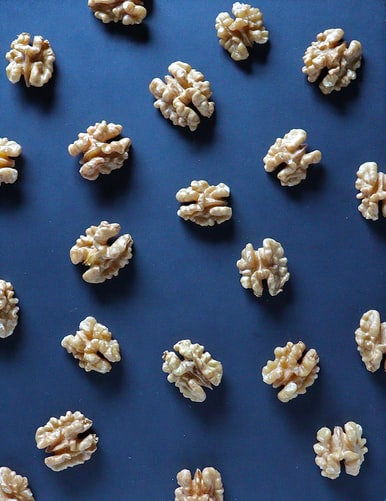[vc_row][vc_column][vc_column_text woodmart_inline=”no” text_larger=”no”]You have taken the first step and are ready to go to therapy. As you began your search online, you start to feel overwhelmed – there are so many different types of therapy and too much terminology to sift through. Which type should you pick? How do you know what type is best for you?
There is no right path of treatment or one-size-fits-all approach to healing. Once you select a therapist, you can create a personalized plan with a combination of these techniques to address your particular needs. To help get you more comfortable with the different names, below is a brief description of the different types of therapies. All these methods have been scientifically proven to be effective at helping people with their unique needs. Use these definitions to become empowered to seek the kind of care you want. And if you don’t know where to start, reach out to our wonderful Veera concierge team. They are here to answer your questions and help you find the best mental health professional for you!
Cognitive behavior therapy (CBT) is a treatment that recognizes the connection between the way we think and the way we feel. CBT involves working with a therapist to identify current maladaptive thoughts and behavior patterns and ultimately to develop adaptive cognitions, behaviors, and coping skills to situations.
Interpersonal therapy (IPT) focuses on personal relationships and teaches the skills needed to effectively manage them. IPT is often utilized if relationship problems have been cited as the trigger for depressive feelings or states and is based on the idea that relationships can have a significant effect on someone with depression.
Behavior therapy encourages activities that are rewarding, pleasant, or satisfying. This is used to reverse unhealthy patterns of behavior like avoidance, withdrawal and inactivity that might have become the default response to distressing situations.
Mindfulness-based cognitive therapy (MBCT) incorporates mindfulness practices, like meditation and breathing exercises, to help break negative thought patterns contributing to depressive feelings. MBCT involves accepting the elicited emotion as it comes up in the present and working to change the negative association attached to it. It teaches you how to focus on the present without trying to change anything. This treatment is generally done in groups and is similar to meditation.
Psychodynamic Therapy involves exploring unhealed emotional situations from the past. Current feelings of distress or maladaptive behaviors are explored in relation to past experiences and unresolved conflicts. Psychodynamic therapy often works to address the past issues to enable the client to move forward in the present.
Now that you have an idea of the different types of therapy that are out there, book an appointment with one of our trained mental health experts to make your unique treatment plan![/vc_column_text][/vc_column][/vc_row]


















